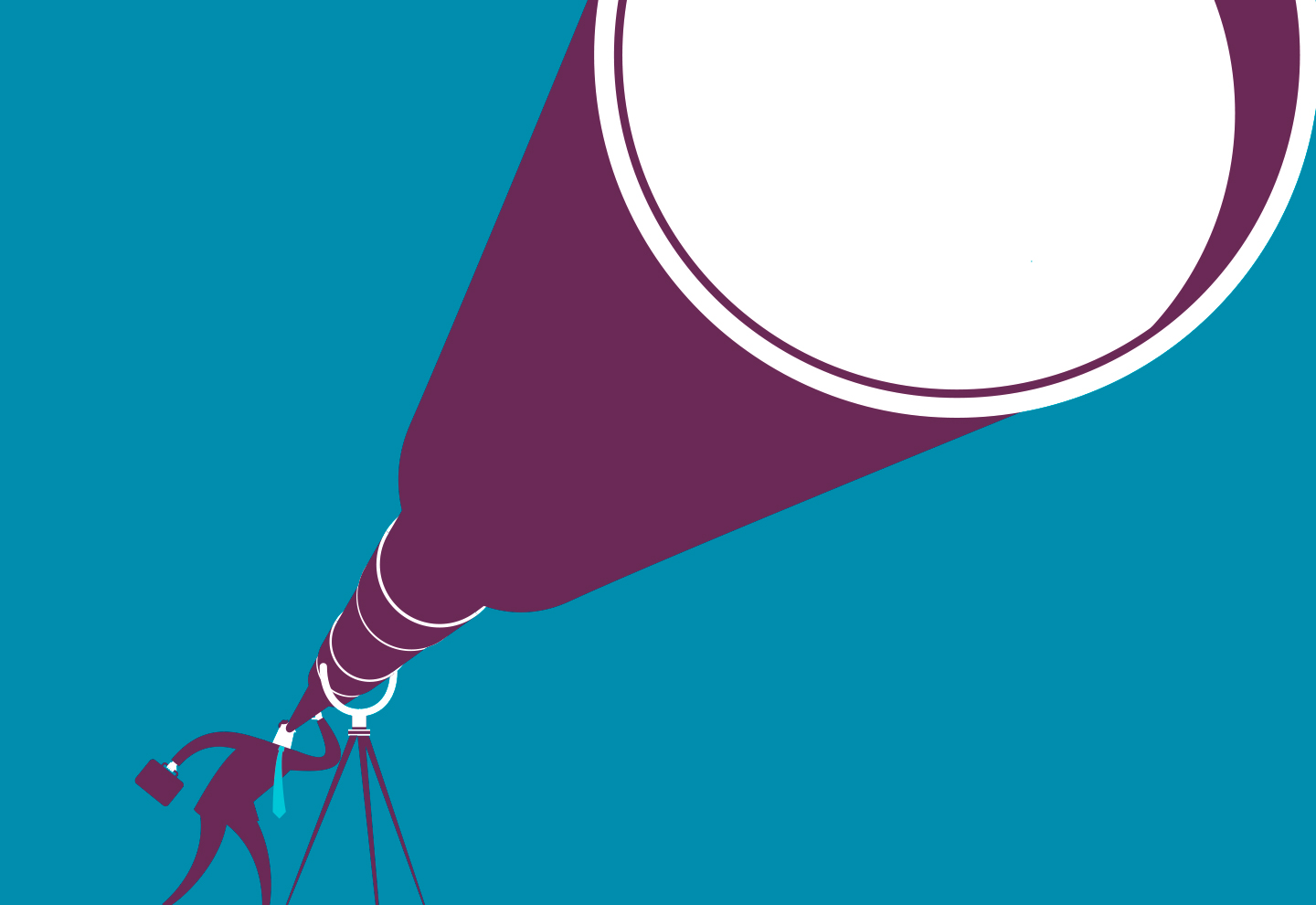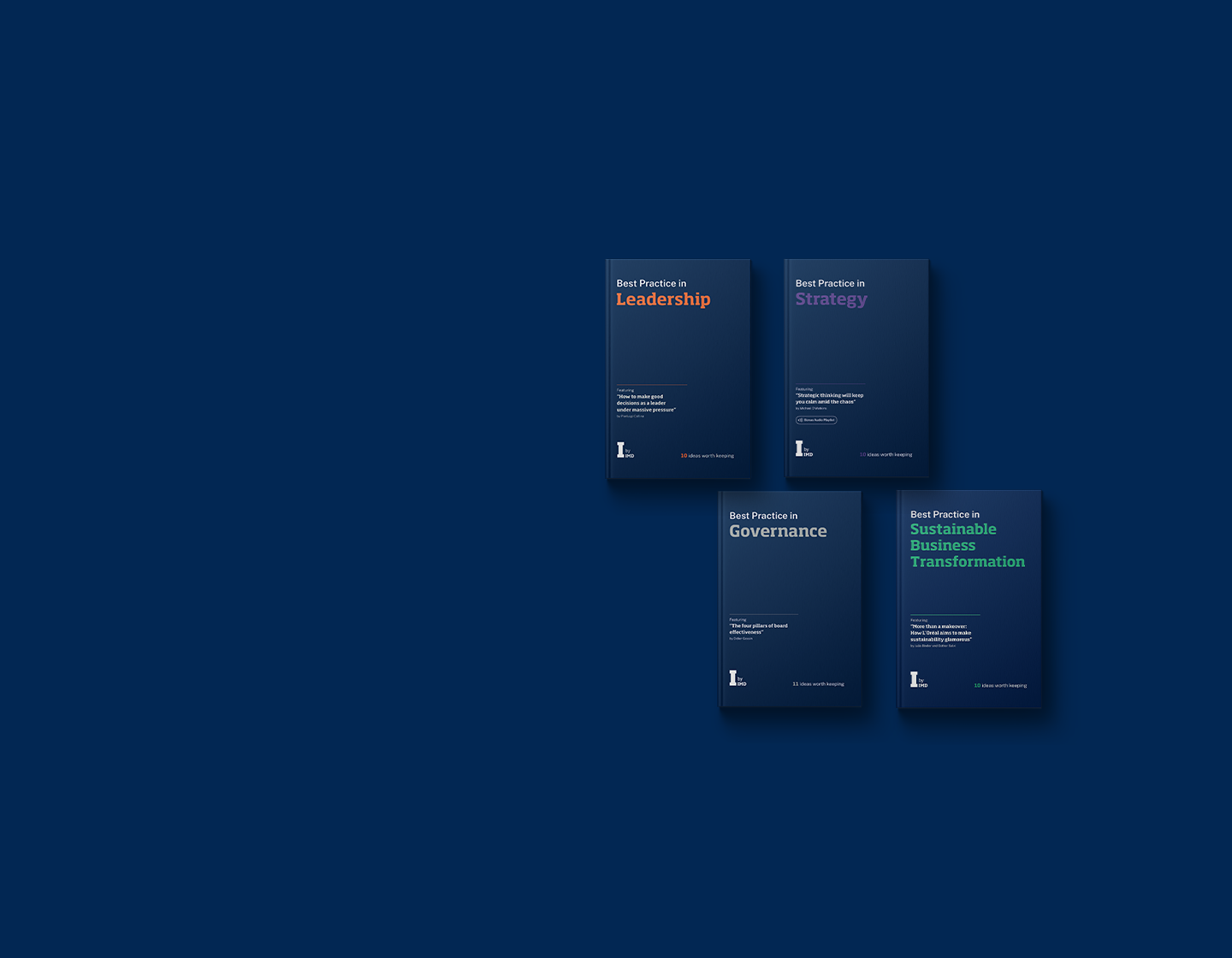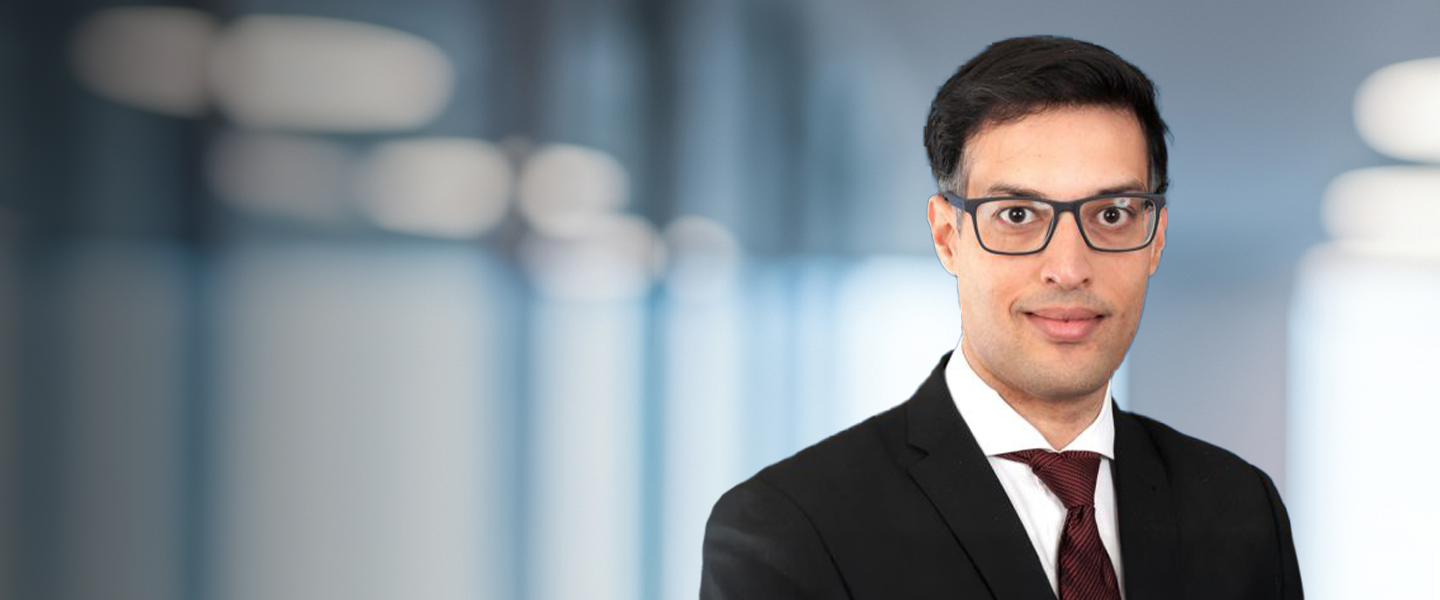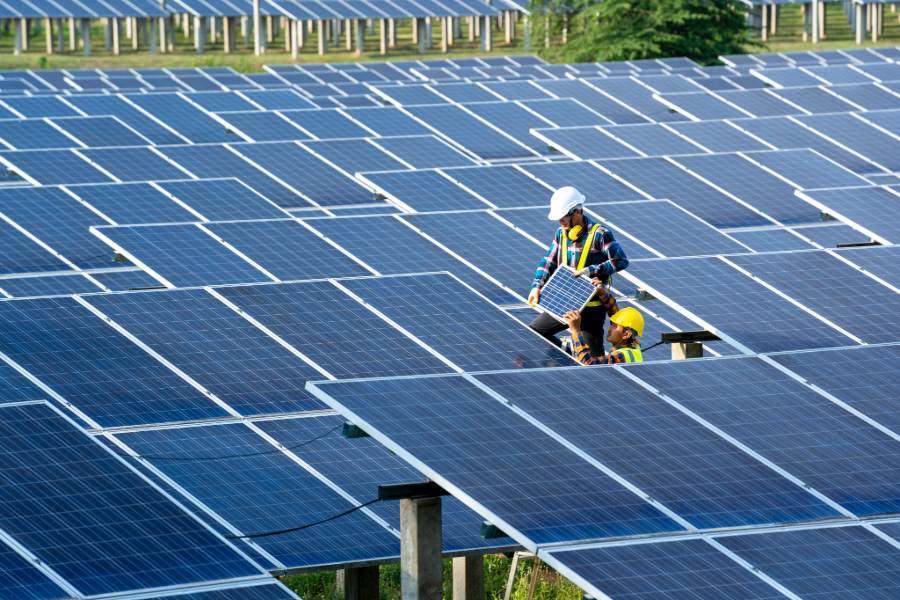Leading in turbulent times webinar series: Sustainability

With the current situation constantly evolving, COVID-19’s human, financial and economic consequences are anyone’s guess. But to what extent can the crisis inform us on how to face the greater issue of sustainability?
By already planning for the next stage of the crisis, particularly the potential impact that the virus will have on the issue of sustainability, your organization can minimize negative impact.
This webinar is led by Frédéric Dalsace, Professor of Marketing and Strategy, IMD, who has been working on CSR issues for more than a decade. He delves deep into the issue of whether the coronavirus is likely to delay or to accelerate the way our society is tackling sustainability.
After studying the Great Recession of 2007-08 in detail, Professor Dalsace shares his worries about the aftereffects of the coronavirus crisis. “Is it going to be different this time? I had great hopes about the system becoming more equitable in 2008, but everything soon went back to normal and no progress was made. I was very disappointed.”
But bringing a positive spin to the current opportunity, Dalsace says we as individuals, and as a group, can put our priorities in place now so that sustainability becomes the end goal once again.
The scenario that will unfold may well depend on the collective narrative that is being built as we speak. It will be country specific and will be a function of the extent that we think the COVID-19 crisis is a one of a kind event vs one of many. It will also depend on our evaluation of the response by national institutions.
“YOU will drive this narrative. YOU will drive society. As soon as the negative rebound is over, YOU can demand change,” he insists.
This leads to the ultimate question: What can we learn from the way COVID-19 is being fought to be better able to address overall sustainability challenges? Wrapping up the session, Dalsace answers participants’ questions and investigates the effects on the luxury sector boom during the initial rebound, the reengineering of supply chains to ensure their survival and also explores the buyer-seller relationship in the short and medium term.
Research Information & Knowledge Hub for additional information on IMD publications
The Gulf’s search for influence beyond oil now runs through Africa. Sovereign wealth fund the Qatar Investment Authority is investing $500 million in Ivanhoe Mines, a Canadian company that produces copper and other key minerals in Africa. The deal...
This article examines the role of businesses and managers in driving sustainable development, with a focus on family firms. Drawing on the mixed gamble perspective, we compare the progress of family and non-family firms toward achieving SDG 7 (aff...
in I by IMD
Research Information & Knowledge Hub for additional information on IMD publications
in I by IMD
Research Information & Knowledge Hub for additional information on IMD publications
in I by IMD
Research Information & Knowledge Hub for additional information on IMD publications
in I by IMD
Research Information & Knowledge Hub for additional information on IMD publications
Research Information & Knowledge Hub for additional information on IMD publications
in I by IMD
Research Information & Knowledge Hub for additional information on IMD publications
in Review of Managerial Science 25 November 2025, ePub before print, https://doi.org/10.1007/s11846-025-00960-4
Research Information & Knowledge Hub for additional information on IMD publications
in I by IMD
Research Information & Knowledge Hub for additional information on IMD publications
in I by IMD
Research Information & Knowledge Hub for additional information on IMD publications
in I by IMD
Research Information & Knowledge Hub for additional information on IMD publications










